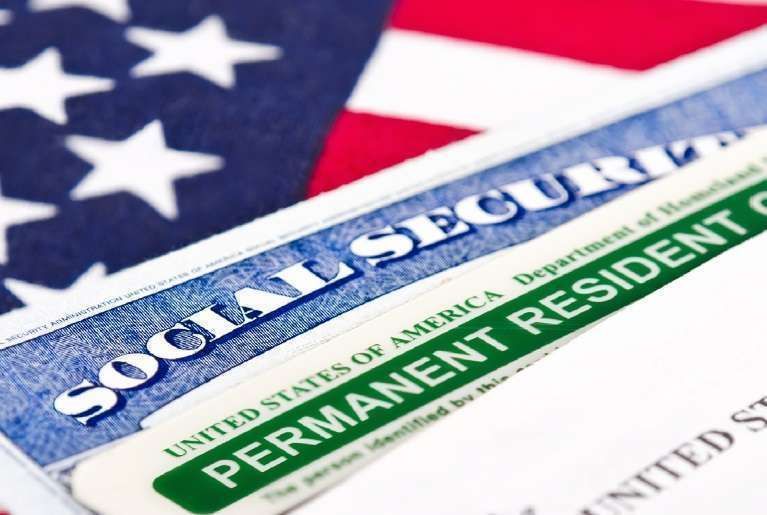Permanent residents trapped in other countries fear that when they apply for naturalization, they will not qualify

Many US residents trapped in other countries by COVID-19 fear that they will be affected in their citizenship process. (littler report .com)
Photo:
Littler.com report
The greatest fear of María Peña, trapped in Peru due to the coronavirus, is that her stay will exceed six months, and will affect her in the process to become an American citizen.
One of the requirements for citizenship is not to spend more than six months out of the country in a period of five years.
"It gives me a little fear that all that management will go into the water," says María, who will qualify to become a citizen in 2022.
She traveled to Peru on January 27 to undergo a medical check-up and spend a few months with her family, but the health crisis caused by COVID-19 threatens to impede her planned return to Los Angeles on June 15.
He does not know whether commercial flights will be allowed by that date, since the quarantine and reopening of airports are postponed over and over again in Peru.
"I do not know if I will see a little consideration for permanent residents like me, taking into account the epidemic, and that airports in Peru are closed”Says María, who is very desperate due to the uncertainty of not knowing if she will be able to return and if that is a factor against qualifying for citizenship.

The opinion He consulted the immigration lawyer, Alex Gálvez, about the probability that permanent residents who are stranded in other countries will be affected in their future naturalization process, due to the fact that they have been forced to remain several months outside the United States due to the pandemic.
"To qualify for citizenship, all trips from the past five years are added together. They cannot have been more than two and a half years or six solid months, at one time ", accurate.
However, the expert on US immigration laws believes that the migration authorities will have to take into account the coronavirus, and that people did not return to the country not because they did not want to but because they had no travel options.
"I don't think there will be any problems, but I recommend that you make an effort to go to the US Embassy or Consulate in the country where you are, and that you notify that you cannot return due to lack of flights."
He also advises that they keep documents that prove that they traveled and could not return, such as airline tickets and flight cancellation notices from the companies. "Anything that helps prove why they couldn't return."







